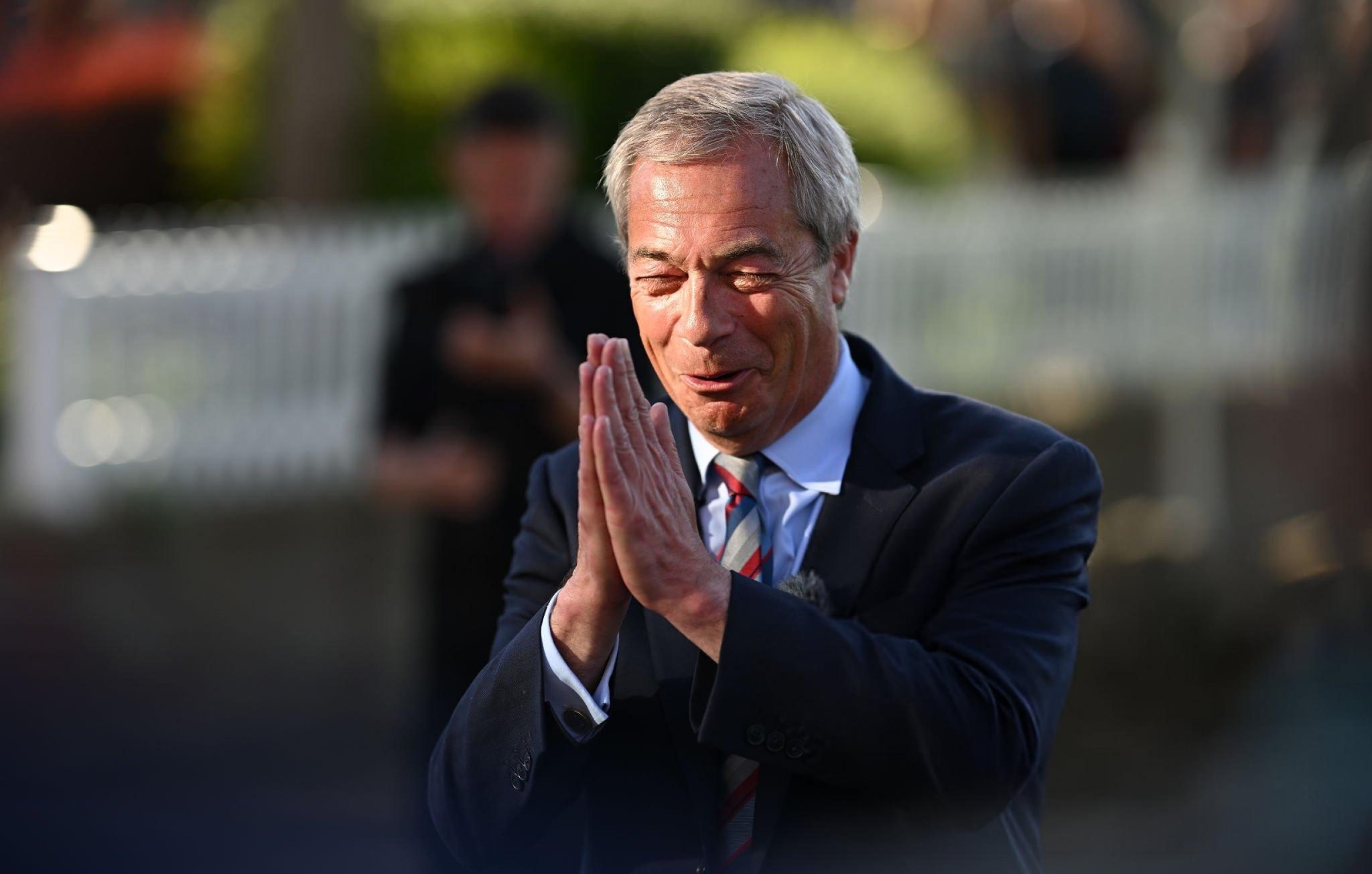Scotland’s First Minister John Swinney has warned there is a “very real possibility” that Nigel Farage could become the UK’s next Prime Minister, describing the prospect as deeply troubling and a threat to the values Scotland holds dear.
The stark warning came as Reform UK celebrated sweeping gains in Thursday’s English local elections, securing control of 10 councils and more than 600 seats, while a victorious Reform candidate, Sarah Pochin, claimed a by-election win in Runcorn and Helsby. She hailed the result as a vote of confidence in “Nigel Farage as the next prime minister of this great country”.
Farage, never shy of a headline, declared the results as marking the “beginning of the end of the Conservative Party”, intensifying speculation around his future ambitions and the viability of a Reform surge at Westminster.
Speaking to the PA news agency, Mr Swinney said: “Yes, I think it is a very real possibility that that could happen. It makes me very fearful of what lies ahead.”
He continued: “This is the result of years of Labour and the Tories trying to pander to Farage’s agenda. They thought they could contain him by embracing his rhetoric, and now they’re paying the price. The only way to deal with Farage is to confront him. That’s exactly what we intend to do in Scotland.”
The SNP leader said he remained resolute in defending what he described as “the decent values of Scotland – values of tolerance, inclusion, civility, and community”. In contrast, he described Farage’s politics as rooted in “alien values” that stand in opposition to Scotland’s inclusive character.
However, the First Minister also turned his criticism on home soil, accusing the Scottish Conservatives of trying to replicate the Reform UK approach. “I am deeply disturbed by what I’m hearing from the Scottish Tories. They appear intent on cosying up to Farage, mirroring his language to stem their losses. It’s dangerous and dishonest,” he said.
With some polls suggesting that Reform UK could win over a dozen seats in Holyrood at the next Scottish Parliament elections in May 2026, despite having no current MSPs, Mr Swinney expressed concern that the consensus on Scotland’s political decency could be upended. “This shift is not just political, it’s cultural,” he said. “We are seeing a challenge to values we thought were shared across the political spectrum.”
Reform UK councillor Thomas Kerr, who defected from the Conservatives in Glasgow, hit back at the First Minister’s remarks, calling them “deeply disappointing”.
“To hear the First Minister describe the values of ordinary Reform voters as ‘alien’ is not only insulting – it shows how out of touch he is,” Mr Kerr said. “Millions of people feel ignored by the tired establishment of Labour, Tory, and SNP. This isn’t the rise of a threat – it’s the return of real political engagement.”
Kerr continued: “Scotland is changing, whether Mr Swinney likes it or not. This isn’t the end of democracy. It’s democracy finally finding its voice again.”
A Scottish Conservative spokesperson added to the chorus of criticism, accusing the First Minister of “talking up Reform for political gain”. They said: “John Swinney knows Reform is a gift to the SNP. Just as we saw in the last general election, vote splitting from Reform handed key seats to the nationalists. Voting Reform only helps the SNP win another pro-independence majority.”
As the political fallout from the local elections continues to ripple across the UK, Mr Swinney’s remarks underline a broader unease among mainstream politicians grappling with the disruptive influence of Farage and his party. With Westminster bracing for a general election likely within the next 12 months, all eyes will be on whether Reform’s momentum can translate into genuine power – or whether, as Swinney fears, the UK is inching closer to a populist political turning point.
Will Scotland remain insulated from Farage’s rising influence, or are the tremors now being felt north of the border as well?






